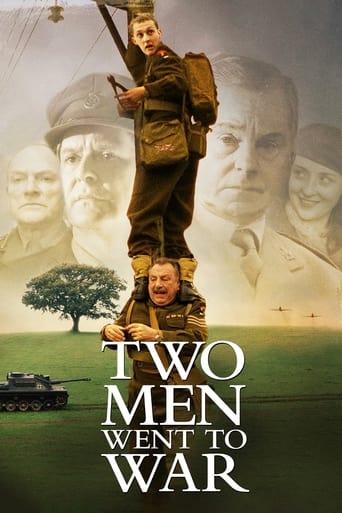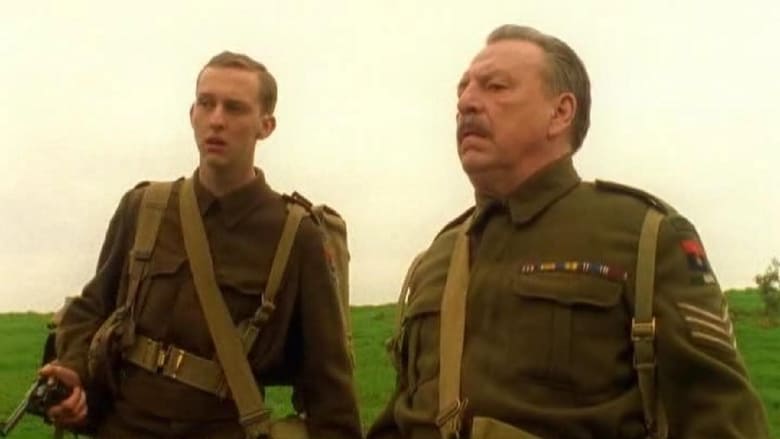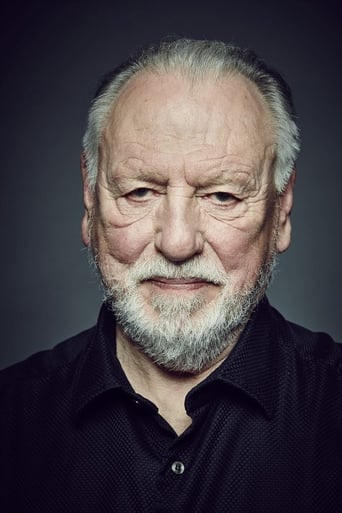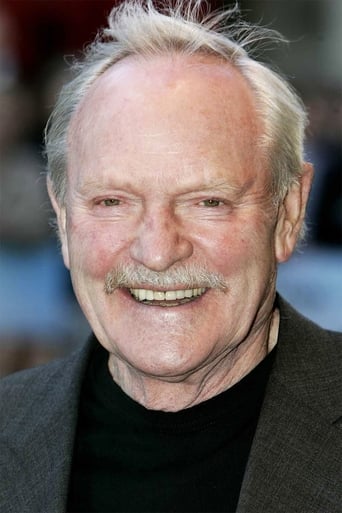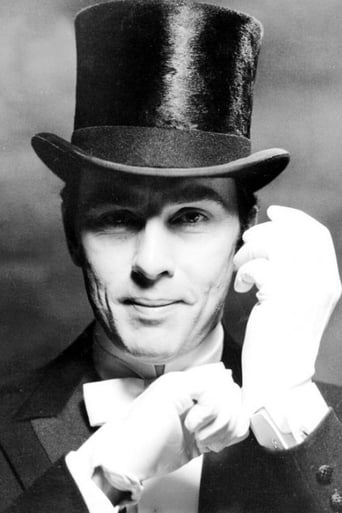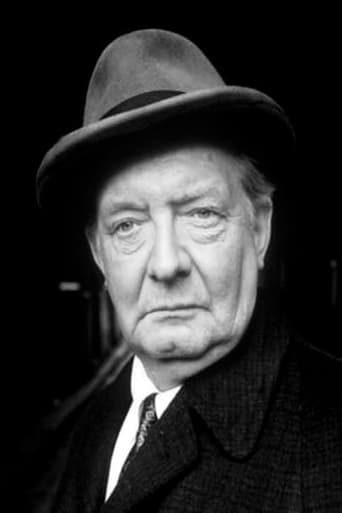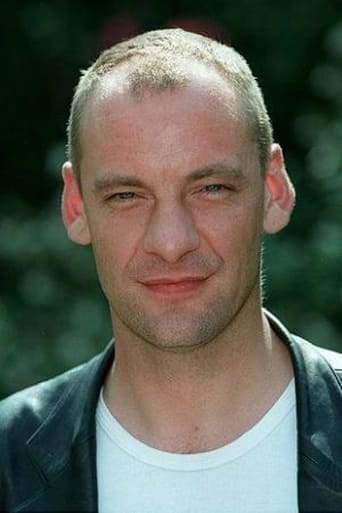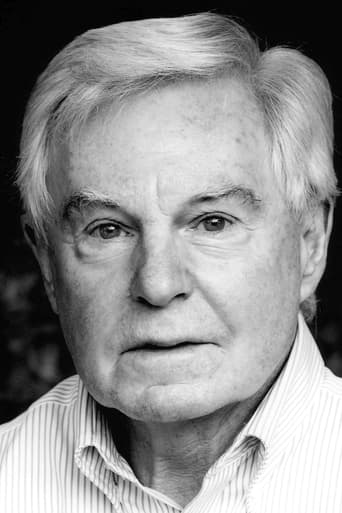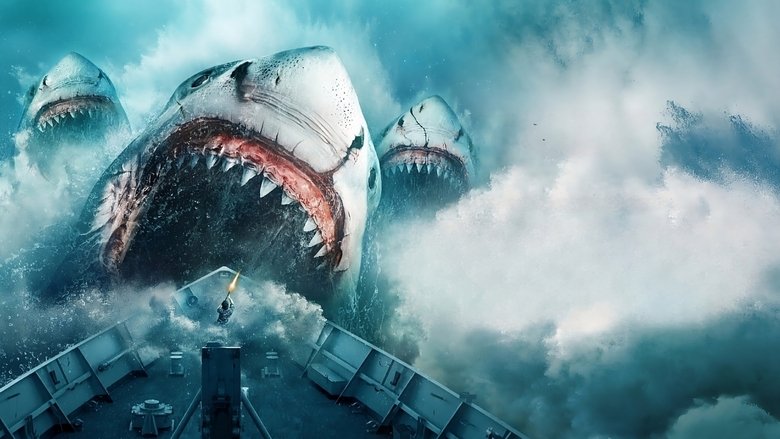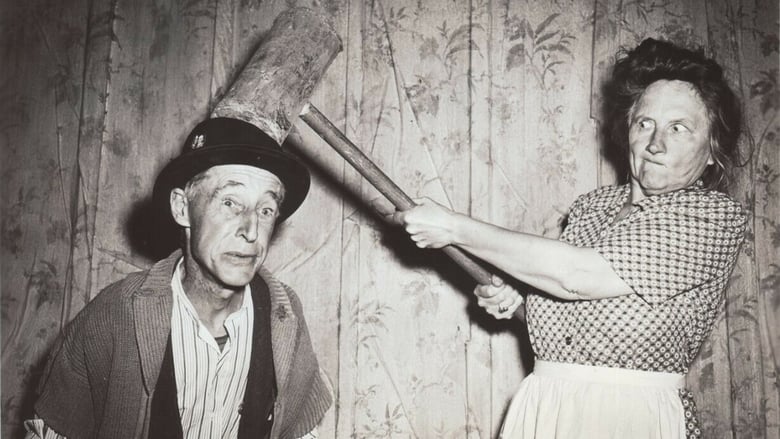Comedy drama based on the true story of two British Army dentists who in 1942, eager to see action, go AWOL and invade occupied France on their own.


Reviews
TWO MEN WENT TO WAR 2002This World War Two film with a light comic touch is based on a true story. It is 1942 and two soldiers, Kenneth Cranham and Leo Bill are afraid the war will pass them by without getting into the action. Cranham is a WW One veteran now charged with training recruits to march etc. He has just been told he is too old for active service. Leo Bill is a trainee dentist in the Army Dental Corp. He knows he will never get near the actual combat. Cranham decides to prove the Army wrong. He comes up with a scheme to go to France and destroy the German battle cruiser, Scharhornst, in Breast harbour. Private Bill meets Cranham when the two accidentally blow-up an ammunition bunker. The explosion is blamed on a passing German bomber. Cranham's plans change went the Scharnhorst escapes up the channel back to Germany.Cranham grabs up Bill one night as well as several pistols and a rucksack full of grenades. They are going to invade France and do what damage they can. Before they set off, Cranham mails Bill's and his own pay-book to Winston Churchill. He includes a letter explaining what they intend to do. Now they leave camp and head to the coast. Stealing a small fishing boat, they set sail for France. After nearly being ran down by a passing ship in a fog bank, they hit land on France. At first, the pair believe they might have got lost in the fog, and circled back to England. They quickly find out they have reached France and just barely escape a German patrol. The pair now begin their campaign against the Third Reich, by cutting various telephone lines etc. They then accidentally cause the destruction of a German train by fiddling with the levers at a rail switching booth. Next the pair stumble onto a German radar station. They use the rest of their grenades to cause as much damage as possible before escaping on a German motorcycle.Needless to say, our intrepid pair return to their small boat, and set sail for England. They however have the bad luck to run out of fuel and then hit a floating mine. Rescued by a UK Air-Sea rescue launch, they are returned to England.Of course nobody believes their tale and they are soon up on desertion charges. The only thing that saves them, is that the letter finally made it through to Churchill's office. Plus that there had been a Commando raid on the same German Radar station that same night. The whole film is played out with a slight comic tone which works rather well. The film is not a world beater by any means. It could have done with a shorter runtime and a tighter story. It did however kill an evening in front of the television, as well as supply a few laughs.
The UK TV premiere of "Two Men Went to War" was shown directly after a vintage episode of "Dad's Army". This was clearly a BBC progamme scheduler's attempt at mind control. The story of a has-been sergeant's personal invasion of wartime France shares a lot of territory with "Dad's Army" but "Two Men Went to War" is a pale shadow of the classic TV series.Despite being based on true events, the movie portrays its protagonists as a sort of Laurel and Hardy double act. The real Sergeant Peter King and Private Leslie Cuthbertson were a tough and resourceful duo who managed to survive on their own in enemy territory and commit several acts of sabotage before returning to home soil. Kenneth Cranham portrays his character well, despite the fact that he is in his 60s and the real Peter King was 26 in 1942. Not only this, but saddling the character King with a medal for changing a car wheel under fire in WWI cheapens the efforts of the real King, who won a Military Cross in 1944 and the DSO in Korea.Leo Bill matches Cranham in the acting stakes but plays his character as a Londoner when the real Cuthbertson was from Tyneside. I don't blame Bill for not attempting a geordie accent but it's another jangling note of inaccuracy in a story that's supposed to be "Mostly True". Cuthbertson is portrayed mainly as boyish and inept, but in reality he served as a soldier in the Durham Light Infantry after his adventures in France.I doubt that either King or Cuthbertson would have been very happy with this movie if either were still alive. While its premise is comic, too many liberties have been taken. In the movie, the 2 men are saved from being branded as deserters by an intelligence officer who credits them with the destruction of a Freya radar array. By coincidence they manage to wreck it in parallel with a British commando raid on nearby Wurzburg radar dishes. Trying to tie King and Cuthbertson's ad-hoc sabotage operation in with a bowdlerised version of the Operation Biting raid on Bruneval is simply too much. "Two Men Went to War" may be based on fact but pitching it as a "Dad's Army" - style comedy was a mistake. Surely the true story of 2 army dentists who invaded German-occupied France in 1942 was worthy of a more embellishment-free screenplay?
Only the English can make a war movie starring desperately patriotic but, in terms of weapons, toothless soldiers: stalwart officers and other ranks of the Army's Dental Corps. And only in England could such a story be true (in the main).1942: the war isn't going terribly well for Old Blighty. Churchill, played here by David Ryall, is sometimes depressed, always stressed. He needs a victory and he's hanging his spurs on the promise of a new general in the Mideast, a fellow named Monty.But at Aldershot most train to fight and a small number prepare to provide emergency fillings on the battlefield for teeth with cavities. The Dental Corps major has the right elan-"An Army That Can't Bite, Can't Fight." Two of his other ranks, however, desperately want to fight, not make dentures.Sergeant Peter King (Kenneth Cranham) is a survivor of the great World War I battle of Passchendale and he has one recruit, Private Leslie Cuthbertson (Leo Bill), naive but intensely patriotic, who wants action. So they go to war without orders or authorization and that's what "Two Men Went to War" is about. This noncom decides to invade France accompanied only by Cuthbertson (both names are real, I told you this is a true story). Mailing a letter with their pay books to Churchill (to establish they weren't deserting), the two steal a boat and head for Occupied France.They make an unopposed landing and establish a beachhead (several critics have commented that it was unlikely two men could just hit the beach like that undetected but this is when Germany was doing very well and the construction of "Festung Europa" hadn't started on the Atlantic Coast. And, anyway, that's exactly what these fellows did.Bill and Cranham make an engaging military odd couple, the sergeant brittle, barking peremptory commands and the private taking just so much gruff but not too much from his leader.Armed only with pistols and hand grenades they strike a tertiary target of opportunity, their first two targets being beyond their capability. Exactly how much of this is accurate is hard to say but their adventures were reported at the time.On their unauthorized, bumbling, ill-planned foray they have humorous encounters and harmless adventures. Even the German soldiers don't appear too sinister. Sergeant King may have been truly devoted to his country's cause but his sergeant-major had it right when, asked by a superior officer about the noncom's character, he responds "Barking mad, sir"Derek Jacobi is entertaining as Churchill's tired and ever-on-duty intelligence officer, Major Merton. The scenes in Churchill's London bunker appear to have been filmed there-I've visited the site and it looks awfully authentic here.I don't know how well this film was received in England. Tough, snapping sergeants of the British Army have been a movie staple since the talkies began. The exploits of these two soldiers are more weird than impressive. Their adventure seems to be a mixture of "Dad's Army" and "Monty Python."Still, the film engrosses because the story is so bizarre and when one enters the theater knowing it's true, "Two Men Went to War" becomes attention holding. Both men are now dead, King having died in a New Zealand road accident not that long ago (his military career continued after he was broken to corporal for his invasion of France. He won the Military Cross, one of Great Britain's highest decorations, in subsequent combat). Cuthbertson earned 28 days in jail for being absent without leave. He seems to have had a very nice postwar career, dying of natural causes about eight years ago. An end title states neither ever saw the other again after their court-martial.An oddball film about two definite genuine originals who contributed nothing to victory but who gave the British public something to smile about when the days were dark with the inevitability of victory more a matter of faith than fact.8/10.
(Spoilers)Two Men Went To War is an unambitious, entertaining film, if ultimately somewhat slight. Apparently based on a true story, it is a dramatised account of a passed-over sergeant and a somewhat gormless private (from the Royal Army Dental Core, for whom "an army that can't bite, can't fight!"), who go to war on their own account in 1942. Absconding from camp, they steal a fishing boat, invade occupied France, and are lucky enough to gain some military honour before facing a court martial upon their return. Those familiar with some British WWII films of the period will quickly recognise the stereotypes: well meaning amateurs undertake derring-do in their own eccentric fashion and, against all the odds, make a success of things. Over familiar too is the national coyness towards adult relationships, as one of the two protagonists blunders in and out of two encounters with women with due virginal surprise. Replace Sergeant Peter King (Kenneth Cranham) with a Tommy Trinder or Arthur Lowe, or Private Leslie Cuthbertson (Leo Hill) with a Claude Hulbert or George Formby, and we are in the territory of The Foreman Went To France (1942) or the hugely popular antics of BBC TV series Dad's Army, which it most easily recalls. As the AWOL duo en route to France to "take Mohammed to the mountain," King and Cuthbertson make an attractive, odd-couple pairing, whose mutual contempt and distrust, turning inevitably to self-reliance and then friendship, makes up much of the film's dramatic interest. The sergeant, nicknamed 'The Kaiser' by his fellows, has a medal from the First World War (gained, it turns out, in less than heroic circumstances) and wants to do more than stay behind during the new conflict. Private Cuthbertson wishes to live up to the memory of his father and prove himself in his own eyes and in those of his family. He daydreams of valour, either being transfixed by the aircraft that overfly the backwater of his training camp or fantasising with a live hand grenade - the incident which first brings the two men together. Much of the film is well shot and the detail of the period is effectively reconstructed. There are niggling inaccuracies however: under threat of invasion place names and signs were removed throughout the UK to confuse likely enemy paratroopers, so it's very unlikely that Plymouth station would be conveniently indicated as here. Equally unbelievable, at a time when the blackout was mandatory, is the well-lit harbour that the two soldiers sail out of when attempting their channel crossing. Least convincing of all is the evident ease in which they arrive and leave the French coast: completely unchallenged, and stepping through light barbed wire - as if mines and fortifications of any sort had not been invented. Composer Jonathan Harvey provides a score that contains both original elements and from such period acts as Flannigan and Allen. This is well done, making the film seem richer than it is - although this viewer at least felt that the heavy handed use of Elgar during the final attack was a step too far, the blaring patriotism threatening a descent into bathos. Parallel to the unorthodox expedition by our two heroes are the preparations back in London for the start of the African campaign by Churchill and his advisors. While the two amateurs are seen as active, ambitious and enthusiastic, the military professionals in the War Rooms are shown perpetually planning and gloomy. The lethargy of those bigwigs in the know is in contrast to the get-up-and-go of those who don't know any better, the one by implication commenting on the other. By the end of the film Churchill, and presumably, via his uplifting, that of the whole war effort, has been saved from a fit of depression by the actions of the two rogue soldiers. The characteristically excellent Derek Jacobi steals the show as Churchill's top intelligence officer while, as the leader himself; David Ryall does a passable impersonation. One suspects that this small scale, likeable film will be better received in other countries than in the UK (where critical response was limited and fairly dismissive) as its gentle eccentricities can be charming. The events it portrays and the gentle irony employed are far from those in the typical Hollywood blockbuster, while its modest proceedings mean that it looks better on the small screen than the large. At the end of the day, it's a plot that needed a greater sense of absurdity and real danger than was the case here, although it remains consistently watchable. At least it's not another dismal British gangster picture...
